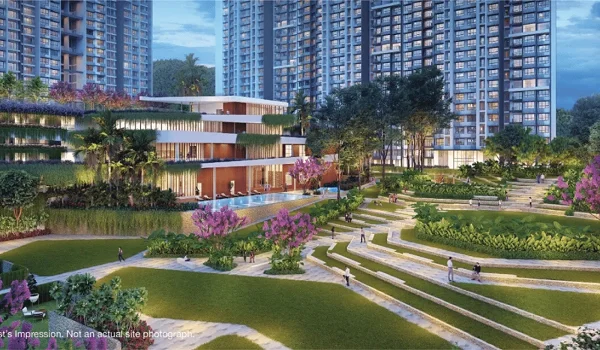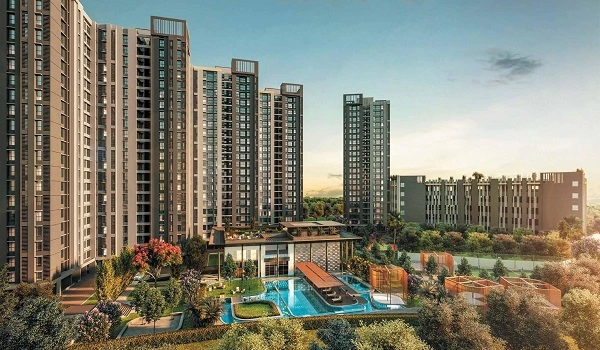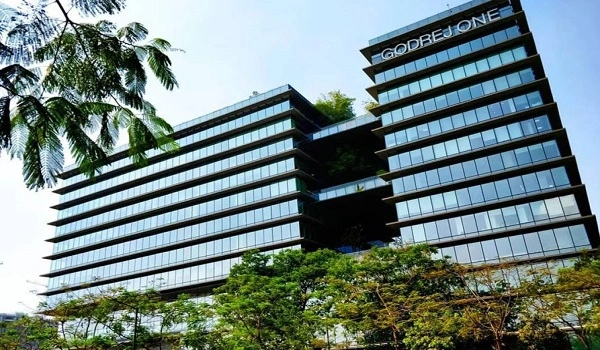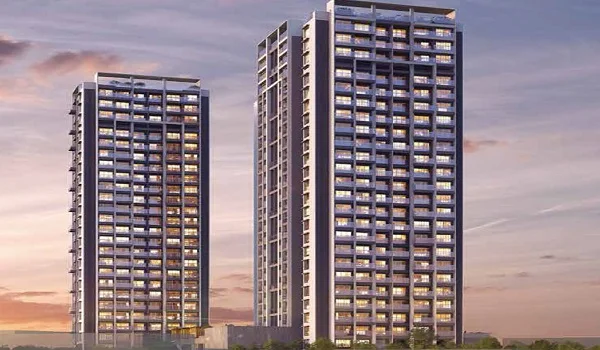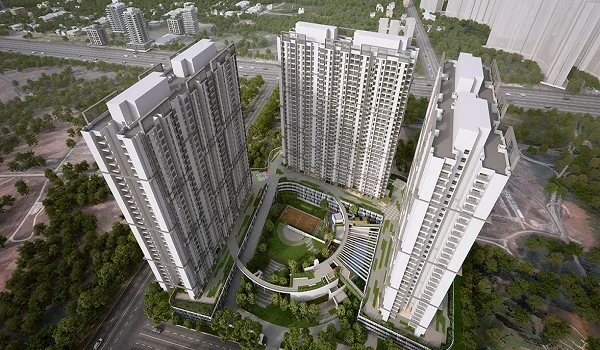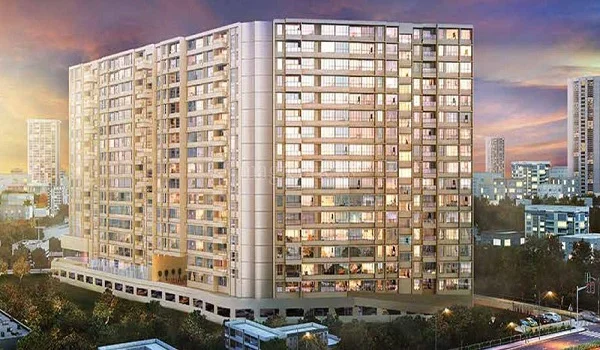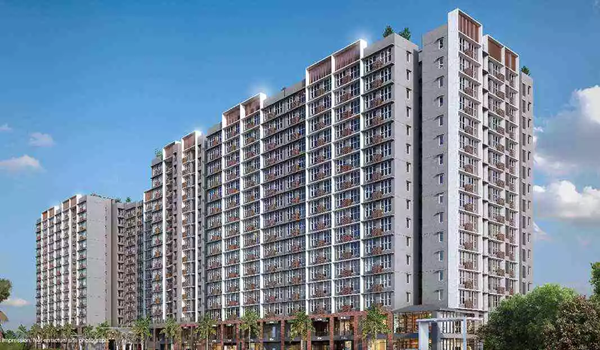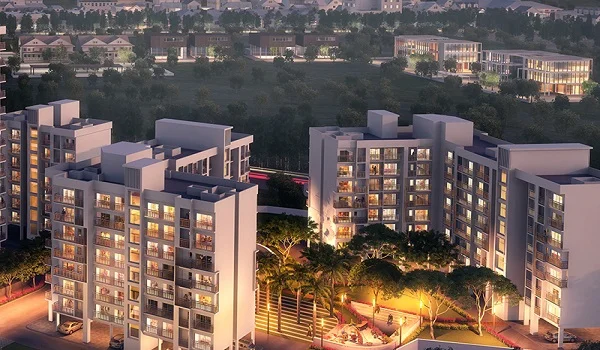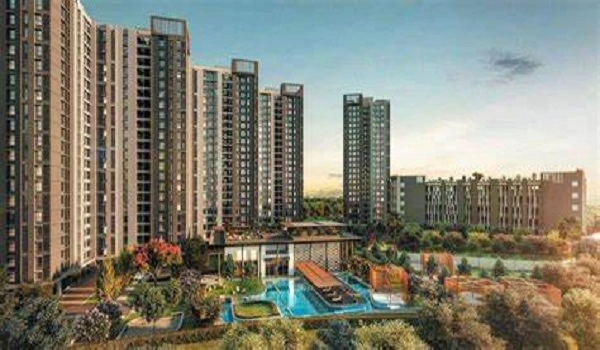Why Location Still Matters In Real Estate In 2025
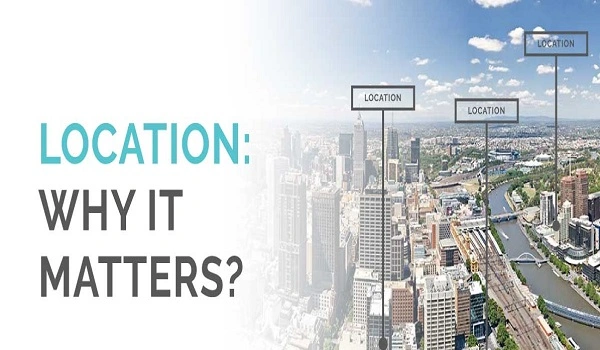
In 2025, buying a home or investing in property still boils down to one timeless truth: location matters. But unlike the past, where it meant just "how close you are to the city," today's idea of a good location goes much deeper. It's no longer just about the pin code—it's about how well a place fits into the rhythm of your life, your work, your family, and your future.
Let's get one thing clear: location in 2025 isn't just about being central. It's a mix of physical access, digital connectivity, climate safety, community, and quality of life. Whether you're looking at the luxury apartments on Rajendra Nagar at Godrej Regal Pavilion or scouting options in a growing Tier 2 city, the question isn't "Where is it?"—it's "How does it support the life I want?"
It's true—remote work changed the way people think about location. But instead of making it irrelevant, it made it more personal.
Yes, folks aren't tied to office locations as tightly. But the rise of hybrid work means that people still value access to city centers, coworking zones, and collaboration hubs. You may not drive into town every day, but when you do, you want that drive to be smooth, not a slog. That's why places like Godrej Regal Pavilion Rajendra Nagar—which balance serenity with smart access—make so much sense today.
Projects like the PM Gati Shakti plan and the Smart Cities Mission are changing the face of urban India. Integrated transport, new expressways, growing metro lines, and improved digital infrastructure are connecting once-ignored areas to economic and social hubs.
For instance, with the metro network expanding across Hyderabad, connectivity from Rajendra Nagar has improved noticeably—boosting both property value and livability at Godrej Regal Pavilion.
The environmental lens is sharper than ever in 2025. Homebuyers are now asking:
- Does this area flood easily?
- Is it too hot in summer?
- Are there enough parks, trees, and open spaces?
Places that face water shortages or flood risks are being skipped over, while neighborhoods with green infrastructure and climate-friendly planning are getting more attention.
Developers are adapting. Over 35% of new homes launched in 2024 came with green certifications like IGBC or LEED. This includes smart water systems, solar panels, and eco-conscious designs. Location isn't just about what's around you—it's about how that space behaves when the climate shifts.
Urban living is being reshaped around convenience. Imagine being able to walk or cycle to your grocery store, school, clinic, café, and park—all within 15 minutes of your home. That's the "15-minute city" idea, and Indian cities are gradually catching up.
Integrated townships like Godrej Regal Pavilion are ahead of the curve here. With everything from shopping to fitness centers and green zones planned within the campus or close by, they reflect the future of location value—self-contained, yet connected.
It's not just about how fast you can drive to the airport—it's also about how fast your internet works at home. Strong 5G connectivity, smart city tech, and digital security are now core parts of what makes a location desirable.
In cities with Smart City ICCCs (Integrated Command and Control Centres), like Hyderabad, these digital features improve everything—from traffic flow to public safety. For remote workers, entrepreneurs, and digital nomads, that's no small thing.
- Millennials and Gen Z are leaning toward areas with good social infrastructure—cafés, coworking zones, nightlife, and walkable spaces.
- Families want safe neighborhoods, good schools, and hospitals close by.
- Seniors look for peace, healthcare, and friendly communities.
- NRIs and HNIs prefer branded residences in locations with high appreciation potential.
- Investors chase long-term ROI—but only in places that promise strong rental demand, future growth, and low exit risks.
So why does location still matter so much, even in a time of smart homes and digital living?
- Resale value: No matter how stylish a home is, it won't sell quickly or for much if it's in a poorly connected or undesirable area.
- Rental demand: Tenants care deeply about commute time, safety, and access to everyday needs.
- Personal comfort: From peace of mind to convenience, location shapes your daily experience.
- Limited land in prime zones: As cities expand, core areas become more valuable simply because land is finite. That's why places like Godrej Regal Pavilion Rajendra Nagar hold their edge.
- Think five years ahead, not just now – Don't just look at the current state of an area. Check city masterplans, upcoming metro lines, or future tech/education zones nearby.
- Ask hard questions about sustainability – Will this location still be comfortable when temperatures rise or monsoons get heavier?
- Visit at odd hours – A location may look fine on a weekend morning but feel very different during rush hour or late evening.
- Talk to people who already live there – Local insights are powerful. They can tell you things a brochure or website won't.
- Don't ignore trusted brands – Developers like Godrej Properties have a history of identifying growth corridors early, and projects like Godrej Regal Pavilion reflect their foresight.
In the evolving world of real estate, trends may change—but the value of location stays strong. In 2025, it just wears a smarter, greener, more digitally connected face. Whether you're buying your first home, upgrading for family life, or making a long-term investment, location is the one thing that will continue to shape your experience, your returns, and your peace of mind.
Godrej Regal Pavilion Blog
| Enquiry |
